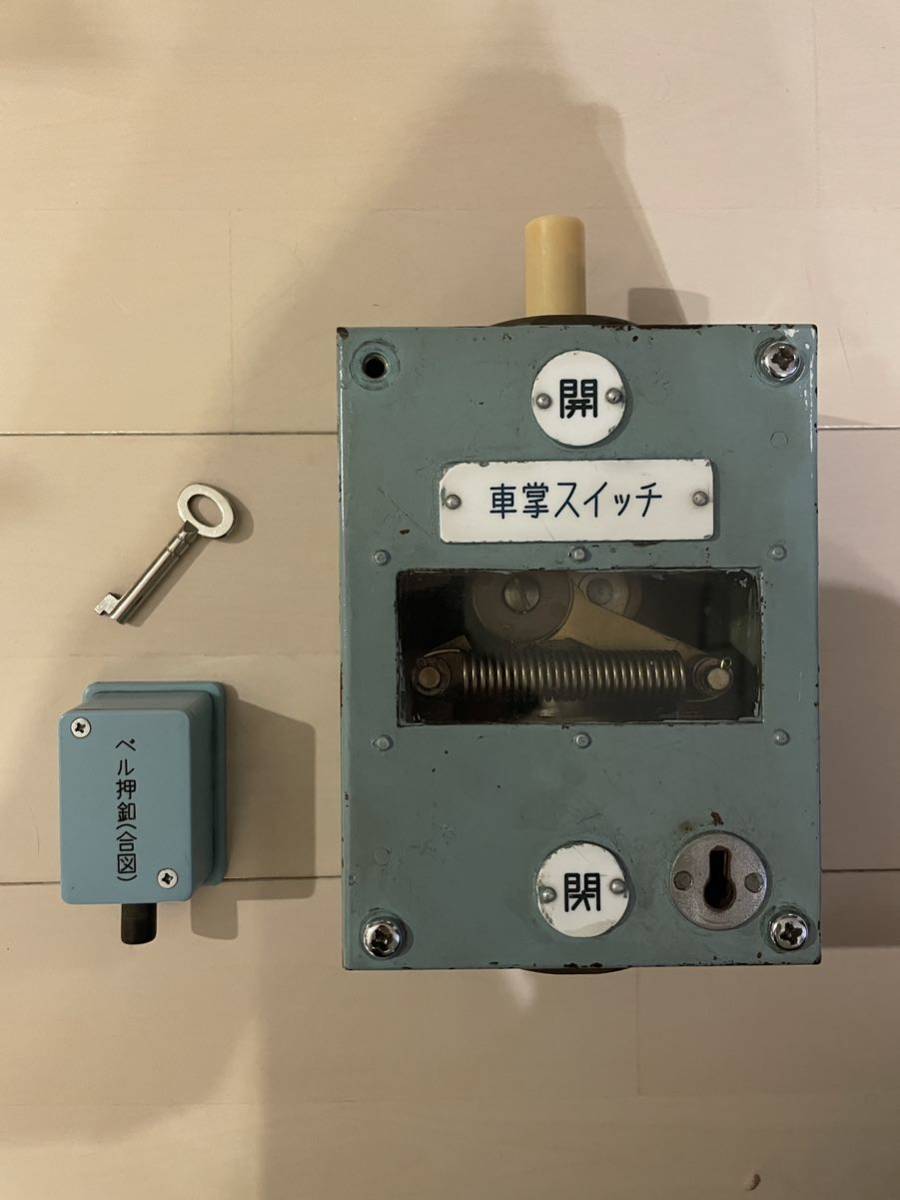-
シーンから探す
- その他
- 鉄道模型
- オートバイ車体
- 腕時計(アナログ)
- 美術品
- ビジネスバッグ
- その他
- スニーカー
- 工具、DIY用品
- ファッション小物
- 折り財布
- デュエルマスターズ
- 健康用品
- 自動車アクセサリー
- 国内自動車本体
- プラモデル
- クラブ
- 自動車タイヤ/ホイール
- メンズ その他
- ビデオカメラ
- スウェット
- ミリタリー
- 酒
- スポーツ別
- ジャケット/アウター
- モッズコート
- 素材/材料
- アイドル
- 山口県のその他
- 盆栽
- マットレス
- プラモデル
- スカート
- 本
- その他
- リュック/バックパック
- その他
- 茨城県の家具
- アンプ
- その他
- 工具、DIY用品
- ウエア(女性用)
- その他
- 弦楽器、ギター
- オーディオ機器
- 彫刻/オブジェクト
-
贈る相手から探す
- かごバッグ
- 腕時計(アナログ)
- オーディオ機器
- 工具、DIY用品
- その他
- その他
- アイドル
- バッテリー/充電器
- その他
- その他
- パソコン
- ブランド別
- 埼玉県のその他
- コミック/アニメ
- キャラクターグッズ
- 鍵盤楽器
- 武具
- その他
- 楽器、器材
- 楽器、器材
- キャラクターグッズ
- リング
- バッグ
- 棚/ラック
- リュック/バックパック
- 置物
- フィギュア
- サングラス/メガネ
- その他
- アウトドア
- リング
- ブランド別
- パーツ
- Gジャン/デニムジャケット
- 自転車、サイクリング
- オートバイ車体
- ぬいぐるみ
- 折り財布
- 調理機器
- 高知県のその他
- スポーツ別
- 鉄道模型
- ナイロンジャケット
- キャラクターグッズ
- スピーカー
- エレキギター
- ノートPC
- スカジャン
- レディースアクセサリー
- プロジェクター
- ショートパンツ
- 中古車・新車
- カテゴリから探す
- おまとめ注文・法人のお客様
エジプト 太陽の船 ジュエリーボックス ベスト オルゴール付き ラピスラズリ ブローチ
-
商品説明・詳細
-
送料・お届け
商品情報
エジプトにて購入したグッズです。ラピスラズリやイースターエッグはおまけです。未使用。ジュエリーボックスは、ずっしり重たいです。アヌビスの置物は、ひび割れや擦れなどあります。別売り。少しでも汚れなどを気になさる方は、御遠慮願います。#アロマオイル #エジプト #お土産 #6本セット #香油 #香水瓶 #クレオパトラ #KYPHI #スーベニア #アラビア #アラブ #アラビアンナイト #香水 #香り #イシス #女神 #ラムセス二世 #サッカラの花 #アロマ #テラピー #テラピスト #リアル #原油 #エッセンシャルオイル #古代 #文明 #エジプト #トレジャー #BOX #ボックス #マグカップ#神話 #癒し #リラックス #ハッカ #作用 #治療 #サロン#アメンラー #トランプ #スーベニア #アラビア語 #新聞 #非売品 #航空 #空港 #申請書 #パスポート #申告 #税関#ラクダ #中東 #激安 #KYPHI #女王 #クイーン #キング#ジュエリーボックス #宝石入れ #Egypt #太陽の船 #プトレマイオス #hieroglyph #ヒエログリフ #古代 #文字 #バテスト #アヌビス #ロココ インテリアラックトレジャー収納アメリカンコロンブス古地図海賊クレオパトラBOXタイタニック折りたたみ家具椅子スツールラテン語ホテルフランスキャンパス芸大音大ベルサイユ宮殿パリジェンヌモンマルトル油絵美大画家アーティストオリジナル作品オペラオーダーメイドブライスビッグサイズBlythe幸せハッピーライフデッサンローラアシュレイプレミアムフランスジュエリー一点物イタリアパリアート高級撮影ロイヤルアルバートオールドノリタケシンデレラプリンセス刺繍ベルサイユ宮殿バイオリンビオラ音楽マリーアントワネットナポレオンParisレースマイセン開運金運幸福幸せ希少ポンパドゥールロイヤルインテリア輸入アウガルテンババリアリチャードジノリリモージュウェッジウッドアルバートコペンハーゲンドルトンエインズレイウースターフッチェンロイタークラウンダ 商品情報 カテゴリ インテリア/住まい/日用品 › インテリア小物 › オルゴール サイズ なし 商品の状態 未使用に近い 配送料の負担 送料込 配送方法 未定 発送日の目安 支払い後、4~7日で発送 発送元の地域 東京都
残り 3 点 58,000円
(740 ポイント還元!)
翌日お届け可(営業日のみ) ※一部地域を除く
お届け日: 12月01日〜指定可 (明日16:00のご注文まで)
-
ラッピング
対応決済方法
- クレジットカード
-

- コンビニ前払い決済
-

- 代金引換
- 商品到着と引き換えにお支払いいただけます。 (送料を含む合計金額が¥291,028 まで対応可能)
- ペイジー前払い決済(ATM/ネットバンキング)
-
以下の金融機関のATM/ネットバンクからお支払い頂けます
みずほ銀行 、 三菱UFJ銀行 、 三井住友銀行
りそな銀行 、ゆうちょ銀行、各地方銀行 - Amazon Pay(Amazonアカウントでお支払い)
-












![MTG Mishra's Workshop [ATQ] 1枚 英](https://img.fril.jp/img/303833816/l/857522633.jpg?1583164148)












